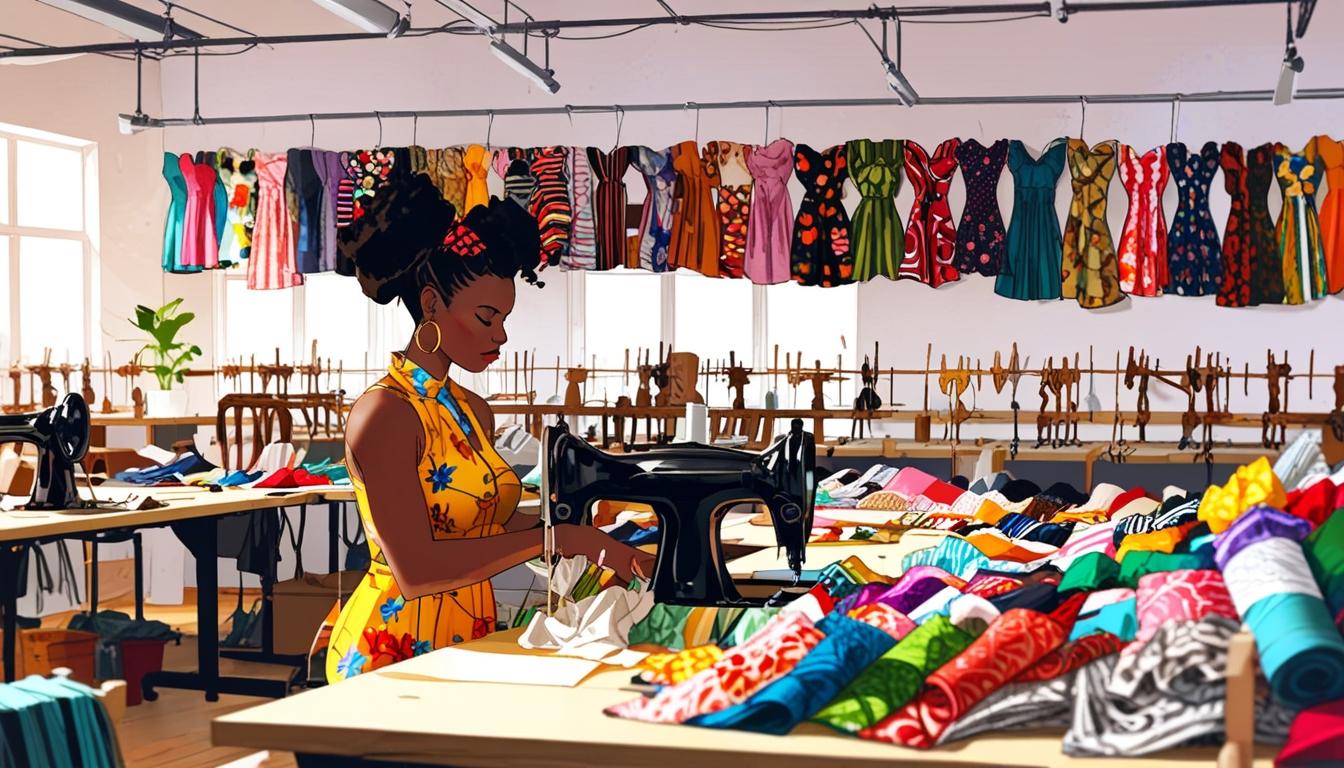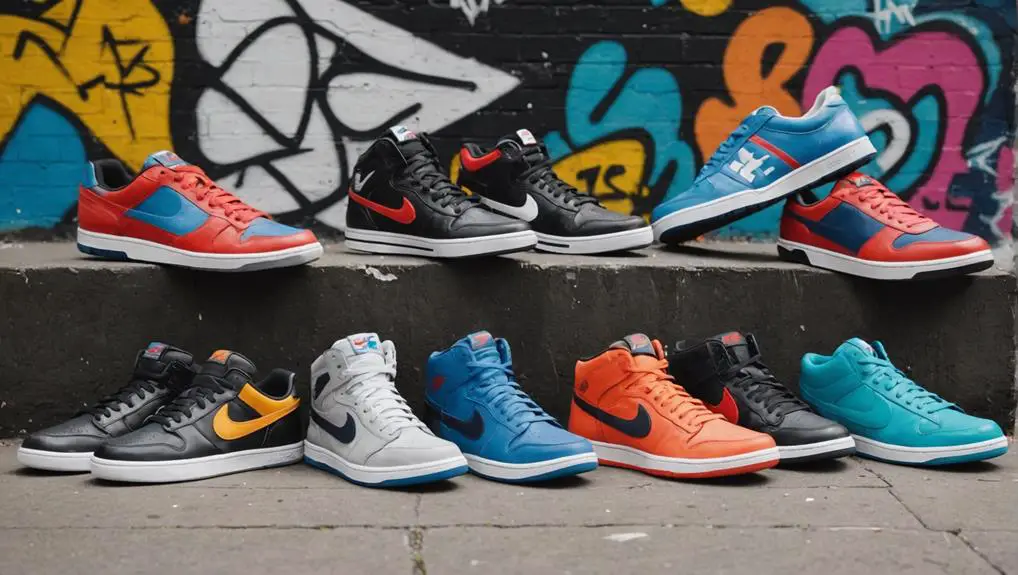Lululemon’s Like New program expands its reach through events and collaborations, emphasizing secondhand clothing’s quality and sustainability.
Lululemon is ramping up efforts to promote its resale initiative, Like New, through community events and partnerships with influencers. This strategic shift was highlighted during the recent South by Southwest (SXSW) festival, where the company, in collaboration with its resale partner Archive, hosted a two-day pop-up event called The Like New Edit at Peach House, a pilates studio in Austin, Texas. The event, which featured free fitness classes, sauna and cold plunge sessions, and a community run, drew significant interest, with some fitness classes reporting waitlists as long as 300 individuals.
The Like New program, which enables customers to trade in their gently-used Lululemon items for store credit, first launched nationwide in 2022 following a pilot program. Lululemon aims to expand awareness and engagement with this resale initiative, which it views as a complement to its core business. The company plans to enhance its Like New website for improved functionality and is exploring additional events to allow customers to interact with the secondhand merchandise firsthand. Maureen Erickson, senior vice president of strategic enablement and new business at Lululemon, commented on the buzz surrounding the Like New program, saying, “There is a lot of energy around Like New. We’ve scaled across the U.S. and are continuing to build the business, in terms of awareness… We’re exploring new ways to engage our community, both online and in person.”
Participants in the Like New program can bring in items like leggings and sweatshirts to receive between $5 and $25 in store credit, with Lululemon committing to reinvest all profits generated from the program into the Apparel Impact Institute’s Fashion Climate Fund. This initiative supports Lululemon’s goals of sustainability and circularity within the apparel industry.
The Like New program recently went through a transformation, being relaunched under Archive, a platform that manages resale for over 50 brands, following a previous partnership with Trove. Emily Gittins, co-founder and CEO of Archive, noted that events like the SXSW activation are essential for educating customers on the value of secondhand clothing. Many attendees were introduced to the Like New program for the first time at the event, resulting in immediate purchases or follow-up transactions.
Gittins mentioned that demonstrating the quality of secondhand items can alleviate concerns customers may harbor about purchasing used apparel. Lululemon’s Erickson emphasized the importance of communicating that resale options can offer quality comparable to new products, saying part of the goal was to “reinforce that resale can be just as elevated as new.”
As brand-centric resale initiatives grow in popularity, Lululemon is positioned among companies like ThredUp that highlight the shifting landscape in the retail sector. According to ThredUp’s latest report, 47% of consumers indicated a preference for brands that provide trade-in credit for used items, signaling an increasing acceptance of resale options. Juan Pellerano-Rendón, Chief Marketing Officer at Swap, commented on the trend, stating that brands are strategically reclaiming their resale markets to ensure quality and increase revenue.
The overall landscape for resale continues to expand, with projections from ThredUp indicating that the global secondhand apparel market may reach $367 billion by 2029. This sector is expected to draw in new shoppers and figures suggest that consumers aged 18-44 will contribute significantly to secondhand spending over the next five years.
With these insights, Lululemon is moving toward developing a comprehensive approach to branded resale, as stated by Archive’s Gittins, who remarked that “Lululemon is very far along in building their resale business” and is “trailblazing this new playbook for how to think about multi-channel ways to engage the shopper.”
Source: Noah Wire Services





qzZVZabPTcHdbVDJlz